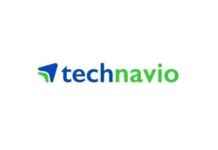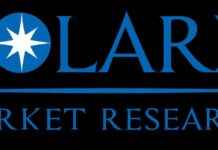Artificial intelligence has made a significant impact in detecting breast cancer, as seen in the personal story of Sheila Tooth, a 68-year-old woman from Littlehampton, West Sussex. Despite receiving a normal result from her routine mammogram and two experienced radiologists confirming that there were no signs of cancer, an AI system used by University Hospitals Sussex was able to identify cancerous cells that were undetectable to the human eye.
Sheila, who had previously been diagnosed with non-invasive breast cancer 15 years ago, was understandably frightened when she received the news. However, thanks to the early detection made possible by the AI technology, she was able to undergo treatment much sooner than if the cancer had been spotted later. Sheila expressed her gratitude for the technology, emphasizing how fortunate she feels to have had her cancer caught at such an early stage.
The project that University Hospitals Sussex participated in involved using an AI system developed by Kheiron Medical Technologies to review mammograms considered ‘normal’ by radiologists. The AI technology suggested that a small percentage of these mammograms should be re-evaluated, leading to the identification of potential cancers that had initially gone unnoticed. This resulted in five women being diagnosed with breast cancer after further investigation.
Dr. Olga Strukowska, a consultant radiologist, highlighted the importance of early and accurate cancer detection, noting that AI has the potential to enhance the breast screening program by increasing accuracy and reducing the number of missed cancers and false positives. Steve Dixon, Senior AI Project Lead for Breast Services, echoed this sentiment, emphasizing the positive impact that integrating AI with clinicians’ expertise can have on patient care outcomes and service quality.
Moving forward, University Hospitals Sussex plans to participate in a national randomized controlled trial involving AI in breast cancer screening, demonstrating their commitment to leveraging technology for improved patient outcomes. With 55,000 women diagnosed with breast cancer in the UK annually, the use of AI in early detection holds great promise for enhancing the effectiveness of breast cancer screening programs.
As advancements in AI continue to revolutionize the field of healthcare, Sheila’s story serves as a powerful example of how technology can complement and enhance the capabilities of medical professionals in detecting and treating diseases like breast cancer. The collaboration between AI systems and experienced clinicians opens up new possibilities for improving the accuracy, timeliness, and quality of care provided to patients undergoing breast cancer screening.











